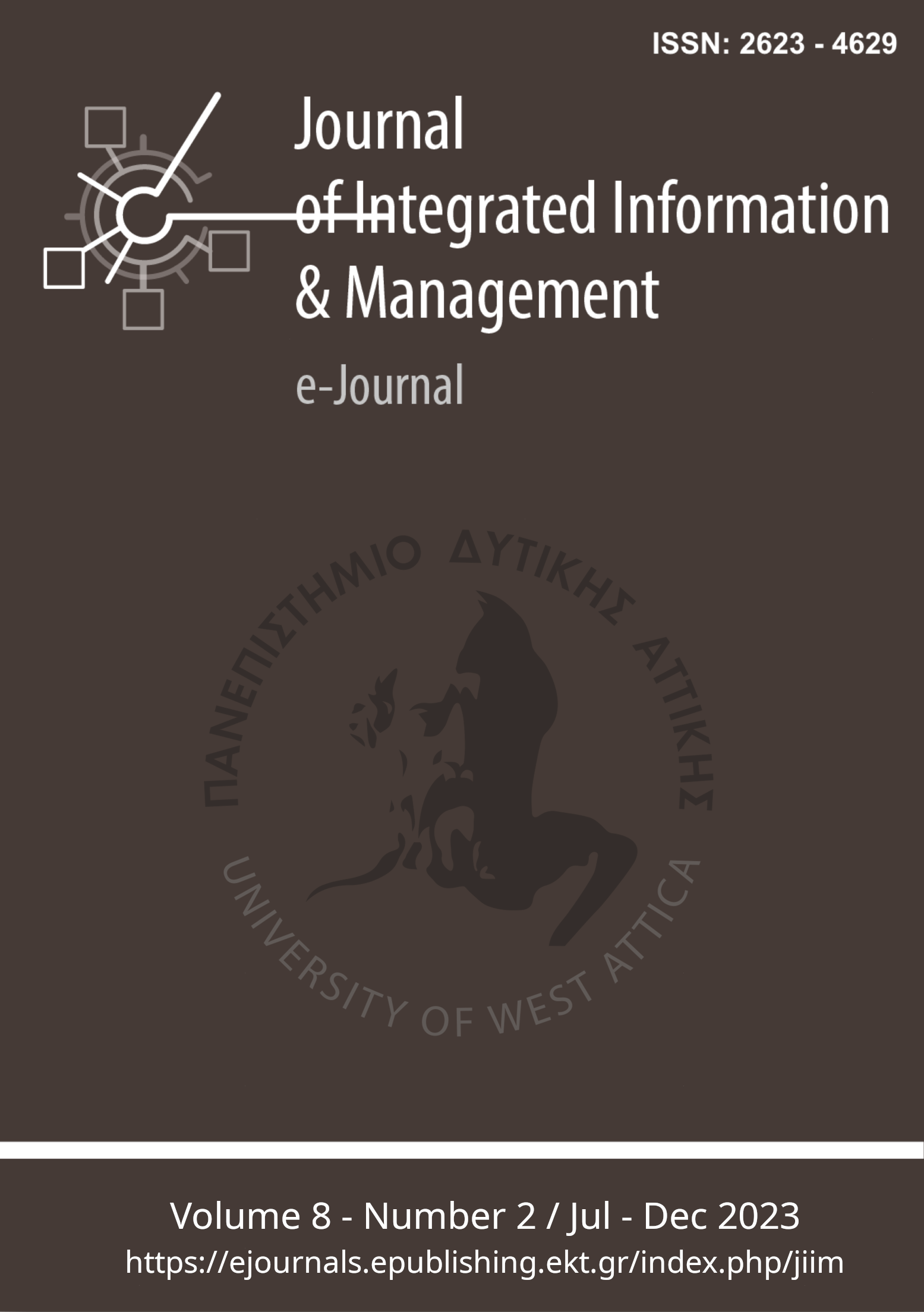Open and closed citations' indexes results: a comparative study
Abstract
Purpose - The following paper is a comparative study of the differences in the results provided by different academic and scholar indexes regarding a sample of DOI-identified articles and papers: with citation metrics being more and more relevant for the evaluation of scholars and their works, it is crucial to understand the differences between different indexes, their results and their functioning, digging into both open and close scenarios.
Design - The results of four different indexes (Elsevier’s Scopus, Google Scholar, Dimensions, OpenCitations) have been compared through the provided REST APIs, when possible, and Python web scraping libraries. Different features have been considered for drawing the results, such as the easiness for the user to retrieve such metrics and their metadata and the reasons behind the differences in the results.
Findings - Τhe study highlights the advantages of open citation metrics indexes and Linked Open Data for the final user. Still, at the same time, it points out how, when it comes to the completeness of the results, traditional indexes still provide more in-depth coverage of the academic literature, identifying the need to keep working to integrate more indexes and sources in the open ecosystem.
Originality/value - Τhis study aims to call attention to the strengths and advantages of FAIR approaches in the field of citation metrics, providing a successful example of an open alternative to traditional indexes.
Article Details
- How to Cite
-
Sorrentino, S. (2023). Open and closed citations’ indexes results: a comparative study. Journal of Integrated Information Management, 8(2), 7–13. Retrieved from https://ejournals.epublishing.ekt.gr/index.php/jiim/article/view/38144
- Section
- Research Articles

This work is licensed under a Creative Commons Attribution-NonCommercial 4.0 International License.
Copyright Notice
Authors who publish with JIIM agree to the following terms:
- Authors retain copyright and grant the journal right of first publication with the work simultaneously licensed under a Creative Commons Attribution Non-Commercial License that allows others to share the work with:
- An acknowledgment of the work's authorship and initial publication in this journal.
- Authors are permitted and encouraged to post their work online (preferably in institutional repositories or on their website) prior to and during the submission process, as it can lead to productive exchanges, as well as earlier and greater citation of published work.






